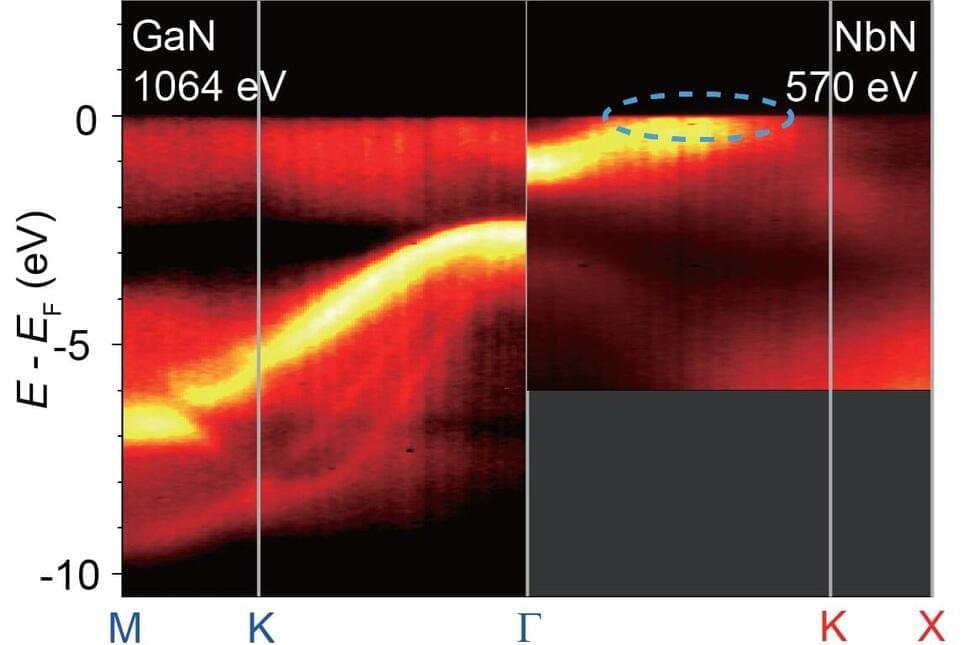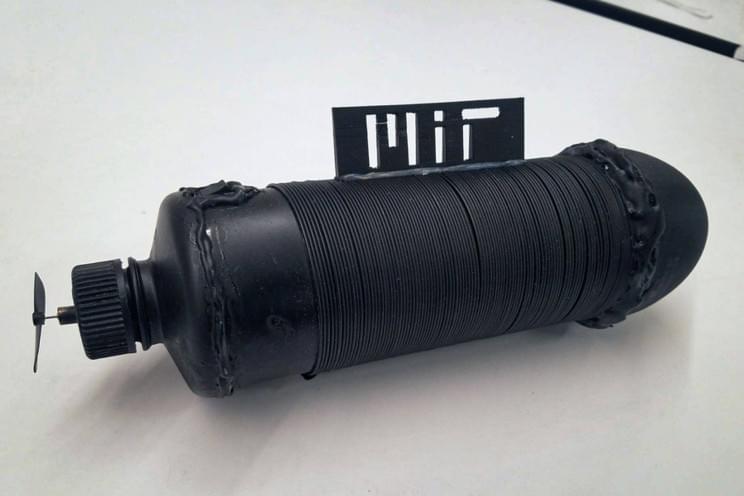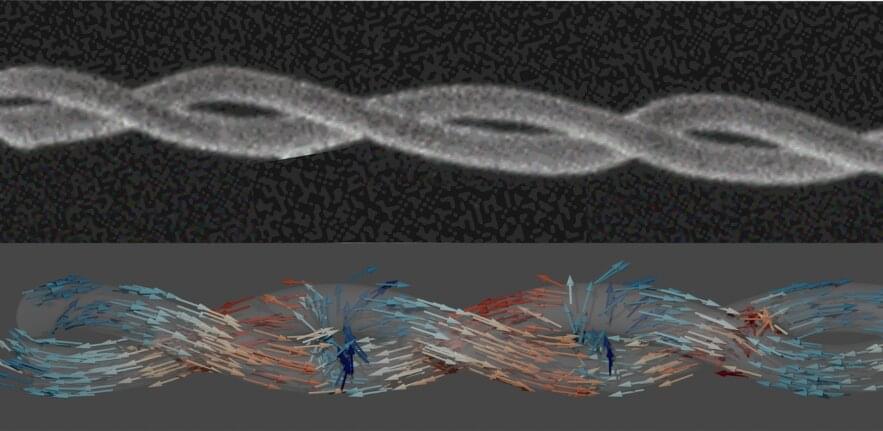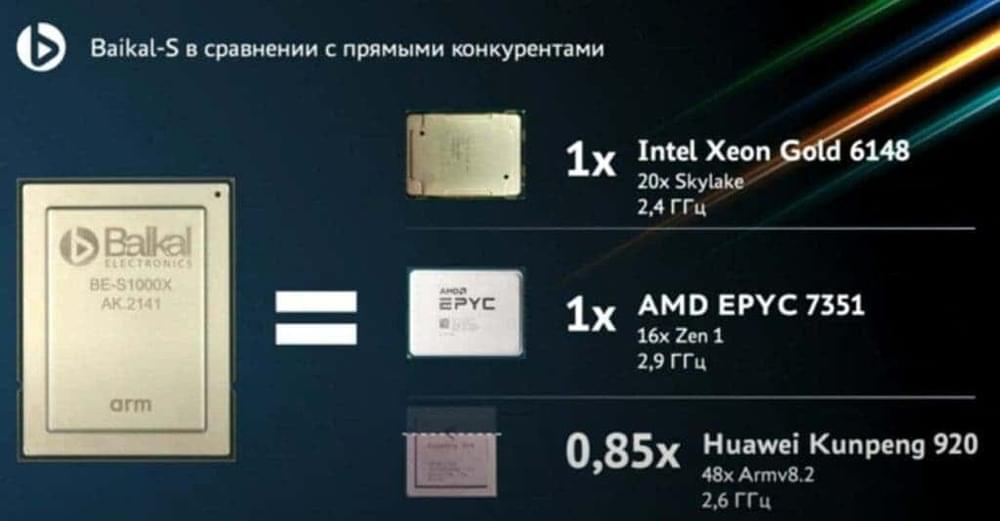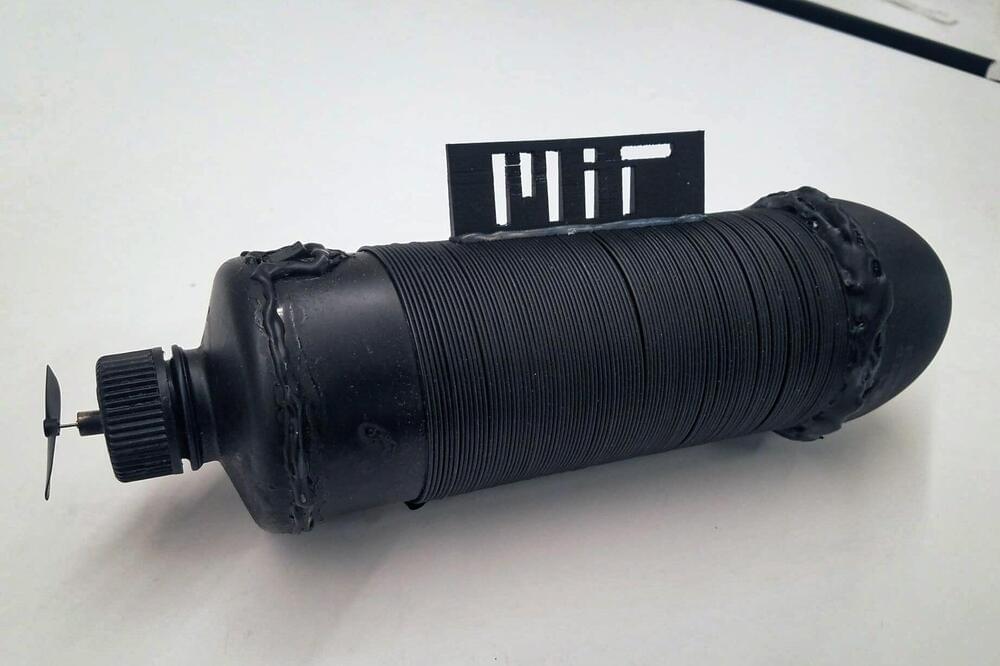Tsinghua Unigroup Co, one of China’s biggest semiconductor giants and a key server supplier to the Chinese government entities is burdened with debt default.
The Chinese Communist Party (CCP) yet again finds itself in the middle of a battle with the private sector and tech entrepreneurs. This time over the all-important semiconductors. Tsinghua Unigroup Co., one of China’s biggest semiconductor giants and a key server supplier to the Chinese government entities, is burdened with debt defaults and undergoing rescue process.
Without naming the CCP, Zhao is promising to stand up to Communist Party leadership. In Xi’s enterprise-hating China, a private entity doesn’t simply rise out of nowhere and take over a leading semiconductor giant. And if any entity can dare to do that, it must be having the informal backing of the Communist Party.

